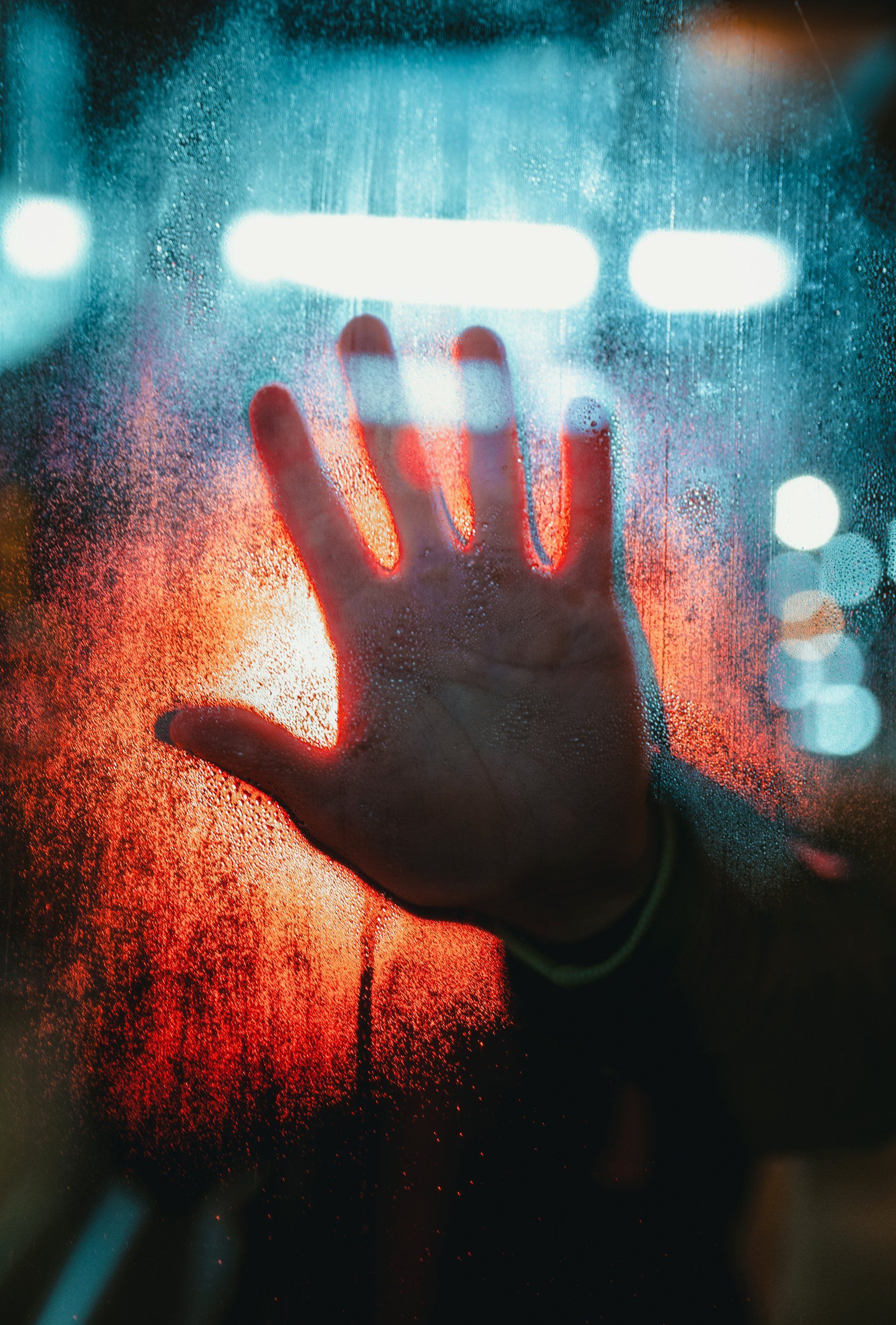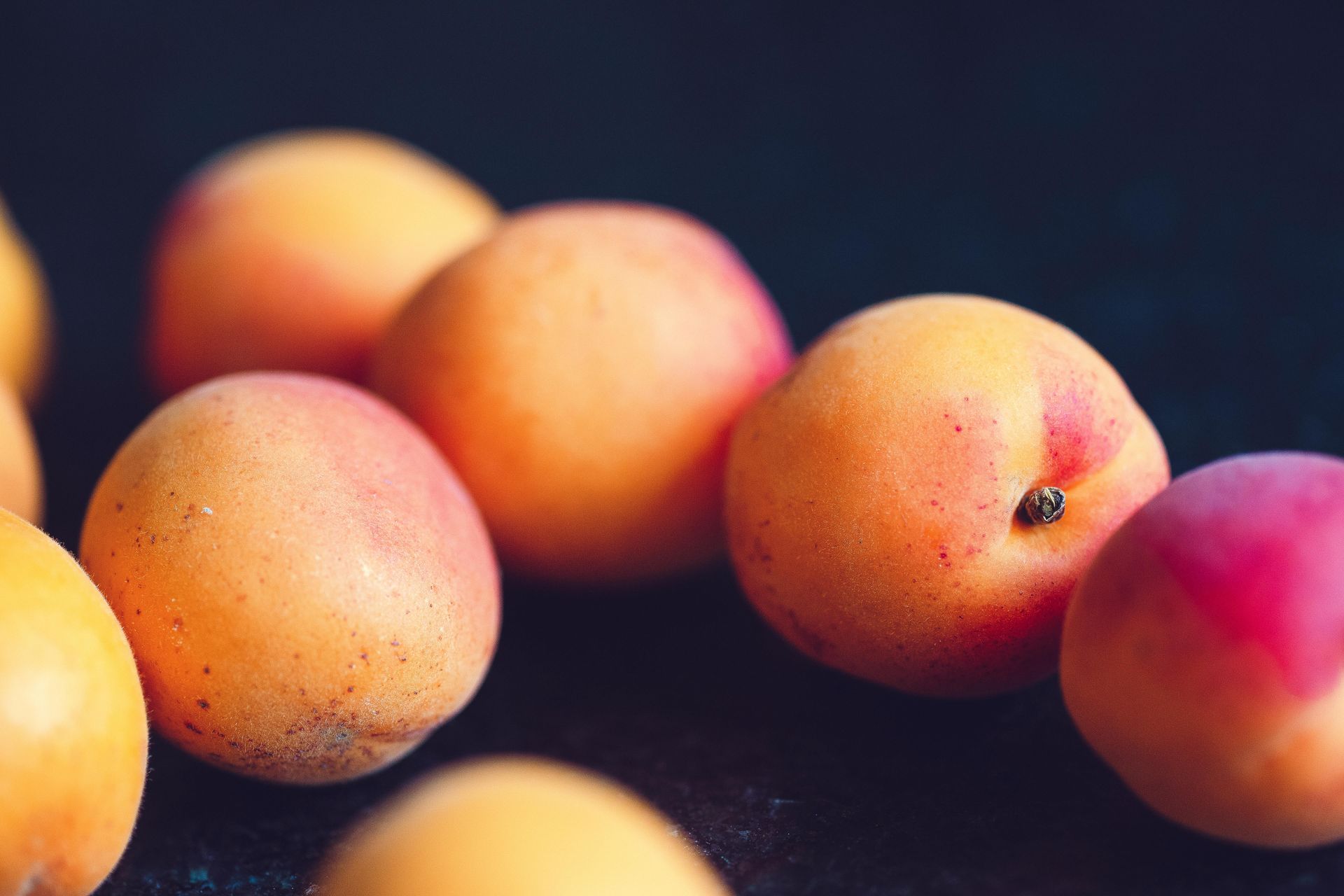Biden's science promise, vaccines, bad news for animals, and more…
Much of the free world heaved a massive sigh of relief when Joe Biden whisked the US president's job from underneath Trump a couple of weeks ago. In the USA, as we write, more than 180,000 new cases a day are being registered along with more than 2000 Covid-related deaths, the highest since May. Unlike Trump, Biden is promising to follow the science. But with a massive surge taking place in the USA, he'll have his work cut out for him.
Covid vaccines – Good news and worrying news
The Pfizer vaccine has been joined by a couple more alternatives, giving hope to the future but at the same time promising a long wait for some. In the USA more than third of people surveyed say they won't accept vaccination anyway, which means anti-vaxers are going to cause real problems over there. We could face some of the same kind of problems here, especially if the vaccines are perceived as being rushed and maybe not wholly safe. In this respect, the world's governments could face a considerable PR job.
Covid, pets and wild animals – More worrying news
At the same time it looks like the virus could 'spread back and forth' between humans and animals, and that's very bad news. So far domestic dogs and cats, the racoon dog, the ferret, mink, lion and tiger are all at risk of both catching Covid and passing it on to each other. Cows, goats, sheep, horses, orcas and long-finned whales might also be vulnerable, along with chimps and lowland gorillas, the Sumatran orangutan, the leopard and the cougar. Scientists are pulling out all the stops to find out more so we can act to protect ourselves and our fellow creatures.
Any host will do
At the heart of many of the problems we're seeing from this virus is the nature of the beast. Covid-19 is a 'highly promiscuous virus'. It began in horseshoe bats then probably made its way to humans via the Malayan pangolin. And it is not fussy about who or what it infects. As one scientist said, “As long as viruses can move in and do their thing, they don't care what the host is.”
Cases rise and fall around the globe
In India, Gujarat just reported the highest ever single-day spike. Right now Delhi is being flattened by a third wave with daily deaths in excess of 1300. Last week England saw a horrific daily death rate of almost 600, this week it's back down again. Greece's death rate has just broken records in the country, and in Scotland cases and deaths are comparatively low. Up, down, up, down... it's all a bit Whackamole, and it's clear things are nowhere near under control yet. Given that we operate in a global economy these days, it's vital for the whole world to get a grip, otherwise it'll all start again. And again. So how might we find ourselves living with Covid in the future, since it looks unlikely we'll be living without it any time soon?
How might we live with Covid in future?
As you can see from our latest video, our UVC machines give businesses an unusually high level of peace of mind. In the case of one dental surgery, they could see how using our machines would enable them to return to an almost-normal flow of patients, treating almost as many people as they did pre-Covid.
Can you imagine our machines used in similar settings, where you have a constant flow of people coming in and out? When you can disinfect a room measuring 4 x 4 x 2m in just three minutes, business can continue much more normally than it could with a team of human cleaners on hand all day long, armed with nasty chemicals. You can easily see how our UVC disinfection tech can save a business's life.
We might end up in a situation where regular, planned mini-lockdowns keep the virus at manageable levels. Some people are talking about a two-week lockdown every couple of months, others are discussing alternative ways to lock down and therefore deal with the virus's ebb and flow.
There are plenty of creative ideas around. Maybe we could have some pubs, restaurants, cafes and so on specially dedicated to older people who are more at risk, others designed for youngsters who like to party more, and party harder. Can you see that working? Perhaps vulnerable people could use the shops on regular weekly 'safe days', while those at less risk could use the shops on other days dedicated to them.
Bubbling could become a lot more sophisticated and granular, with bubbles forming between entire families, even adding friends to the bubble mix. And vaccines could be used tactically to quell outbreaks and prevent the spread. It depends what the many different vaccines in development turn out like, and how effective they prove to be.
'Long Covid' is already making a lot of younger people very poorly for an extended time, and nobody knows yet whether their ongoing symptoms will be permanent or eventually fade. This level of insight, which we simply don't have yet, will make a big difference to the ways we cope with the disease in future.
Think long term, invest in fast, powerful UVC disinfection
The business owners who start thinking long term are those who will be the best prepared, and the most likely to survive. If you want to secure your business, keep your customers and staff safe, and thrive into an uncertain future, you could do a lot worse than invest in our UVC tech. That way you can make the best possible job of Covid disinfection, and do it faster than any other method. Let's chat.










